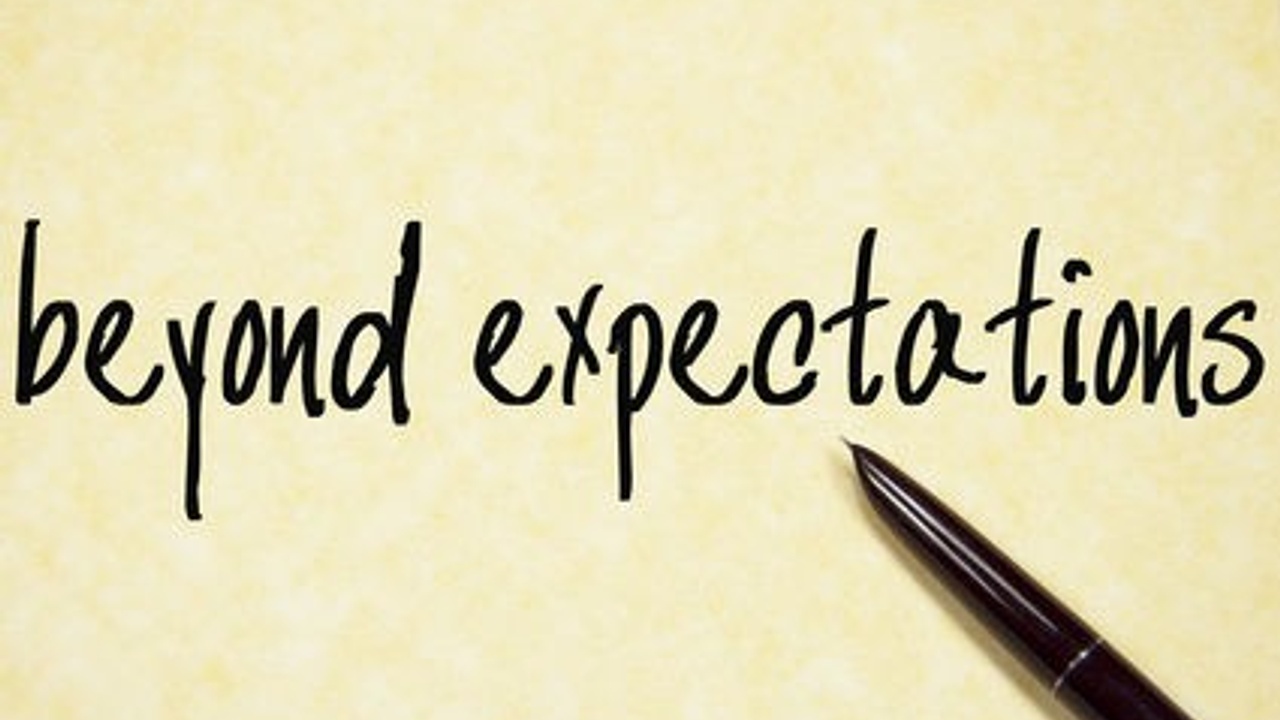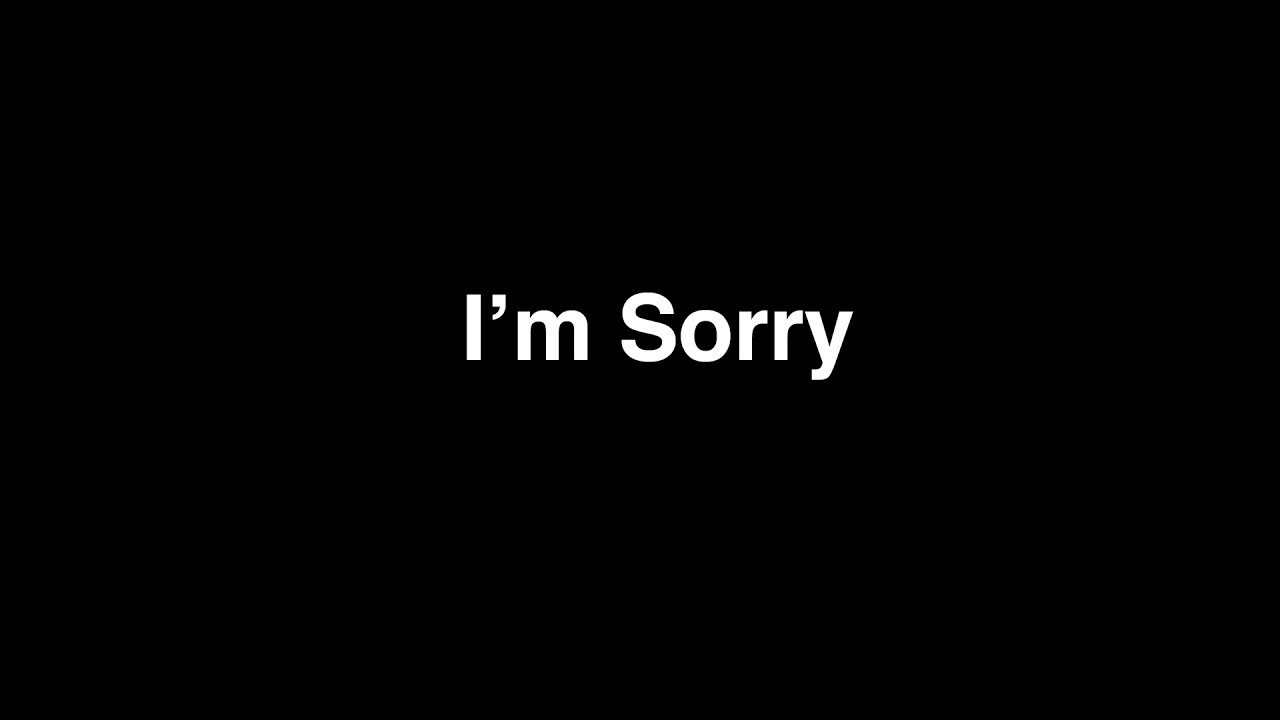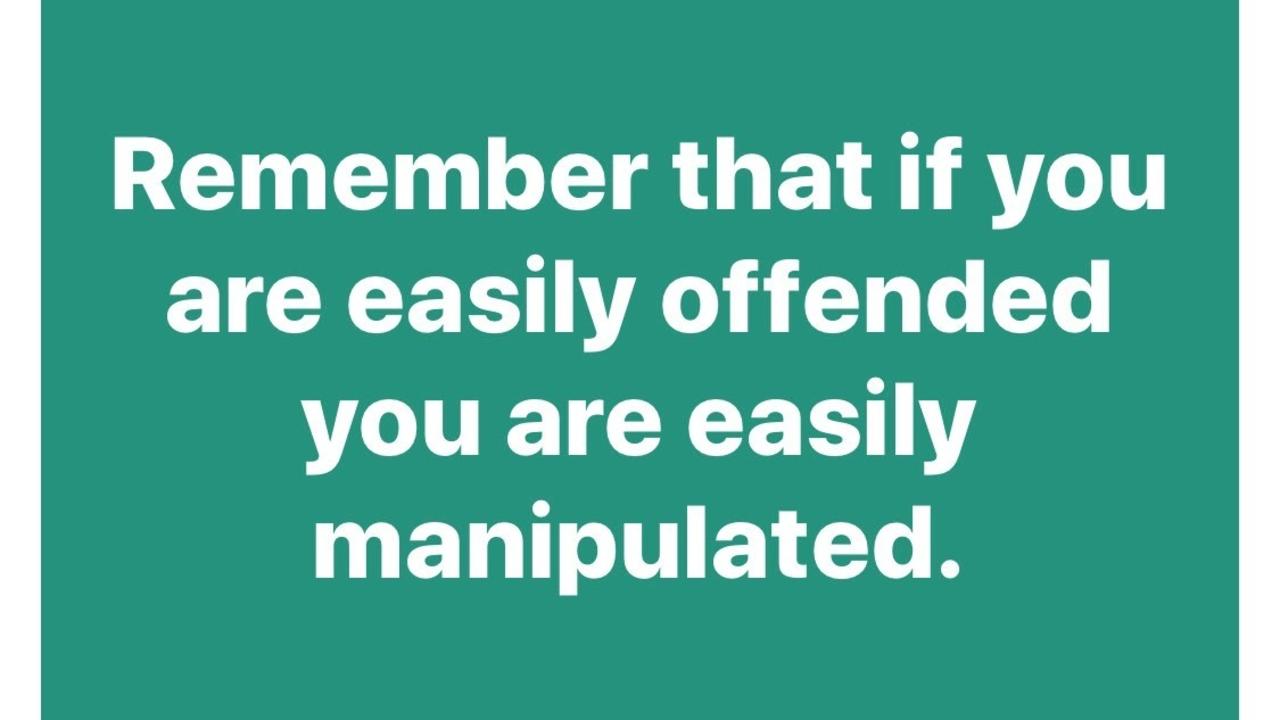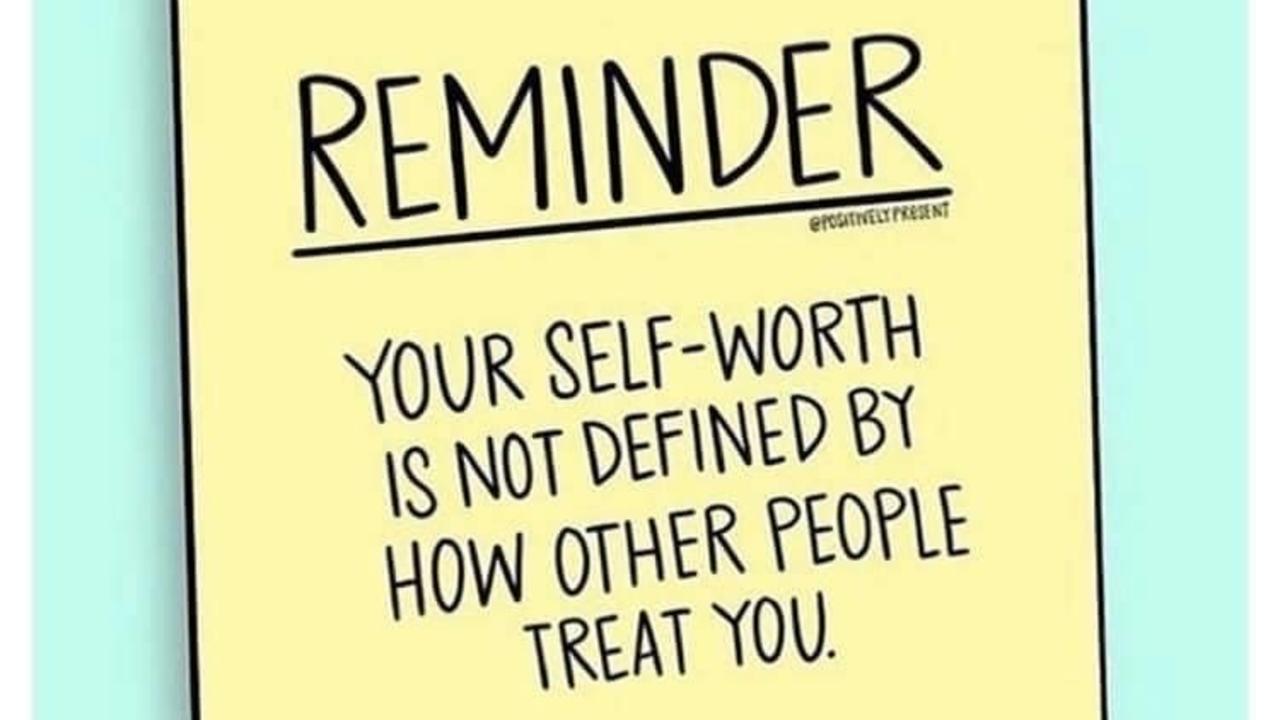Great Executives Know the Difference Between Goals and Expectations

Corporations calculate success by metrics – return on investment, productivity, key performance indicators, cost savings, balance sheet, cash flow, retention, number of goods sold, quality metrics, speed to market, profit margin. Goals are created in the aggregate of these measurements. Performance at work is tied to goals. Goals are always measurable. If it isn’t measurable, it is only a notion, not a goal.
When a corporation doesn’t place the same value on its people as it does on its metrics often employees get sucked into believing that their personal worth is tied to the goal. And if they fail to meet the goal, they are a personal failure. There could be many circumstances that affect the realization of goals – resources, team culture, time, talent, a crisis, market share, competition. Yet individuals often lay expectations on top of goals, leading to despair. I am expected to hit the goal, or I won’t fit in here. If I don’t meet the goal I won’t advance. I might get te...
Purpose is Overrated

There is a lot of focus on purpose in our culture. Not having one can make people feel less than adequate especially when everyone else seem to have one. If you don't know your purpose don't worry. You already have one. It is the same purpose everyone else has - to stay alive. That is why we are not extinct as a species. Because it is the human condition to be very good at staying safe so as to live.
Centuries ago humans refined how to exist in a tribe and to know their roles in the tribe because if they didn't they may become ostracized by the tribe where they could die at the hands of another tribe or the elements. That fight-flight-or-flee mentality kept people safe and alive. Today that guarded mentality doesn't serve us as well, especially if it shows up as a low risk tolerance in a leadership setting.
On a job interview often candidates will answer the question, "What is your purpose?" by saying, “I just want to make a difference.” This doesn’t tell the hiring manager much be...
Your Emotions at Work

We were taught for a long time that showing emotion was weak. “Just suck it up, Marine” was the mantra. Today we finally realize that denying emotion denies the feeling behind the emotion. And when we do that it eventually bubbles up later in an outburst, passive aggressive behavior, withdrawal, lack of compassion, poor communications, emotional immaturity and even post- traumatic stress.
Though we don’t want to be an emotional leader, exhibiting extreme emotions that are inappropriate at work, cause negative attention to ourselves and halt progress. That strips your executive presence. But we are human, and humanity is honest. Being honest with your team, about what you struggle with builds trust. "Honestly, I struggle with this and value your insight."
Sometimes emotion takes over our good judgment. Then we need to decipher the internal roadblock before it derails us. It takes far more courage to admit the feeling than to stuff it down.
Unravel the feeling from the fear. Take a...
I'm Sorry

Ladies! Please stop saying, "I'm sorry" so much especially at work. Not "I'm sorry to bother you." Just "Do you have a minute?" Not "Sorry this is probably stupid..." Just "Can I run something by you?" Not "Sorry" when you bump into someone. Just "Pardon me." Men don't do this because their threshold for being sorry is far higher and more realistic. When is the last time you heard a man say, "I'm sorry can I ask a question?" Be direct. Be confident. Be authentic.
You're not sorry that you want to say something. You just want to feel that others want to hear it. Don't expect that they don't. Focus on listening so your comment will be most relevant. Set your ego aside as you focus on what's important. Play with the concept of who you would be without doubt?
The last person to speak has the most to say.
Many people are worried right now about their jobs and not sure if an industry switch or a position change is a good idea. I hear it every day. Often more planning goes into a summer v...
If You Are Easily Offended

Many truly great leaders have a trigger that once tripped eradicates composure, reduces executive presence, and strips effectiveness as a behavior they don’t want to exhibit takes over.
That behavior could be getting emotional, lashing out defensively, crusading offensively, withdrawing in defeat and others. At this point you are off your game and people not in this fight-flight-freeze trap can manipulate you if their motivation serves them to do so.
Everyone has a trigger. It’s where we feel most vulnerable - most hurt, sad, angry, undervalued, small, at risk, ineffective. In a nut shell it’s where we feel most alone. It’s like being immediately thrust to the edge of a cliff with a herd of rhinoceroses charging you and nobody there to throw you a rope.
Great leaders lean in not out from this feeling. They sense it coming, get curious about what the vulnerability is trying to teach them, nurture it like a puppy, throw themselves a rope because they’ve got this, and release the as...
Rejection Can Be Debilitating

Rejection can be debilitating. You won’t worry about how other people feel about you if you have the presence to manage yourself and your thoughts. Build a “family” of people around you that consistently reminds you how awesome you are. That tribe combats the doubt that sits idle in your head ready to undercut your self worth at any moment of rejection because you hadn’t heard often enough of your magnificence.
This Separates Great Leaders form the Rest

The emotional intelligence skill of self-management is a talent that separates great leaders from the average ones. As humans we have the ability to observe ourselves from a third party perspective - like a fly on the wall. It’s the greatest skill for creating peace and building executive presence.
In that moment when you’ve been triggered to feel uncomfortable and could act on it by lashing out, withdrawing or ruminating about it you have a choice. The discomfort is so great that we just want to get away from it. This externalizes a hurt that never heals. It’s like carrying around a bag that is too heavy. And it shows in behavior.
In the trigger instant turn inward with compassion to yourself - not outward in fear. Choose to be your own big brother. A deep breath clears the space to say, “May I be gentle with myself in this moment.”
Be as sweet to yourself as you would be to a hurting child or puppy. You deserve that.
Wishing you the power of your self-awareness today.
If you...
They Don't Think the Way You Do
I learned this lesson as a new manager. I used to think if everyone worked like I did there’d be no problems at work. How wrong I was.
I learned along the way that my direct reports aren’t in my head. They don’t know my motivation either. When I started to ask more for their opinions and give them more information on my thought processes and strategies - the “Why?” behind what we were doing they felt more included and part of the process.
People are inspired by different motivations. They work, play and think differently. Our job as leaders is not to tell them what to do and expect them to do it our way. It is to role model excellence, support them, get out of their way and hold them accountable.
If you fear age bias or sense that you are too old to compete in the workplace here is the link to a free plan to help differentiate your value proposition. You are NOT too old. You just need to position your value proposition. Learn how with this tool I give my clients. 10 Tips When You ...
They Don't Think the Way You Do

I learned this lesson as a new manager. I used to think if everyone worked like I did there’d be no problems at work. How wrong I was.
I learned along the way that my direct reports aren’t in my head. They don’t know my motivation either. When I started to ask more for their opinions and give them more information on my thought processes and strategies - the “Why?” behind what we were doing they felt more included and part of the process.
People are inspired by different motivations. They work, play and think differently. Our job as leaders is not to tell them what to do and expect them to do it our way. It is to role model excellence, support them, get out of their way and hold them accountable.
If you fear age bias or sense that you are too old to compete in the workplace here is the link to a free plan to help differentiate your value proposition. You are NOT too old. You just need to position your value proposition. Learn how with this tool I give my clients. 10 Tips When You ...
Two Flawed Assumptions that Hold You Back

At work we often measure our self-esteem by what our boss or colleagues think of us. This is based on two flawed assumptions.
1.) You think you know what they think but you don’t. How they perceive you is through their own lens not yours. That lens may hold bias. You will never know how they truly feel. Even if you ask them they will filter their response through their interpretation of their feelings. Your job is not to change their mind. Your job is to be effective.
2.) You think your value is measured by their behavior toward you. Of course we all want to be liked and appreciated. Good leaders know how to reinforce their teams with positive feedback and coaching moments. But your value is measured by your effectiveness not your efforts so focus on whether or not you are effective and allow that to be your gauge.
The operative phrase here is “be effective.” If you focus on that your self worth will grow. You’ll build trust and favor by playing toward your signature strengths - ...
